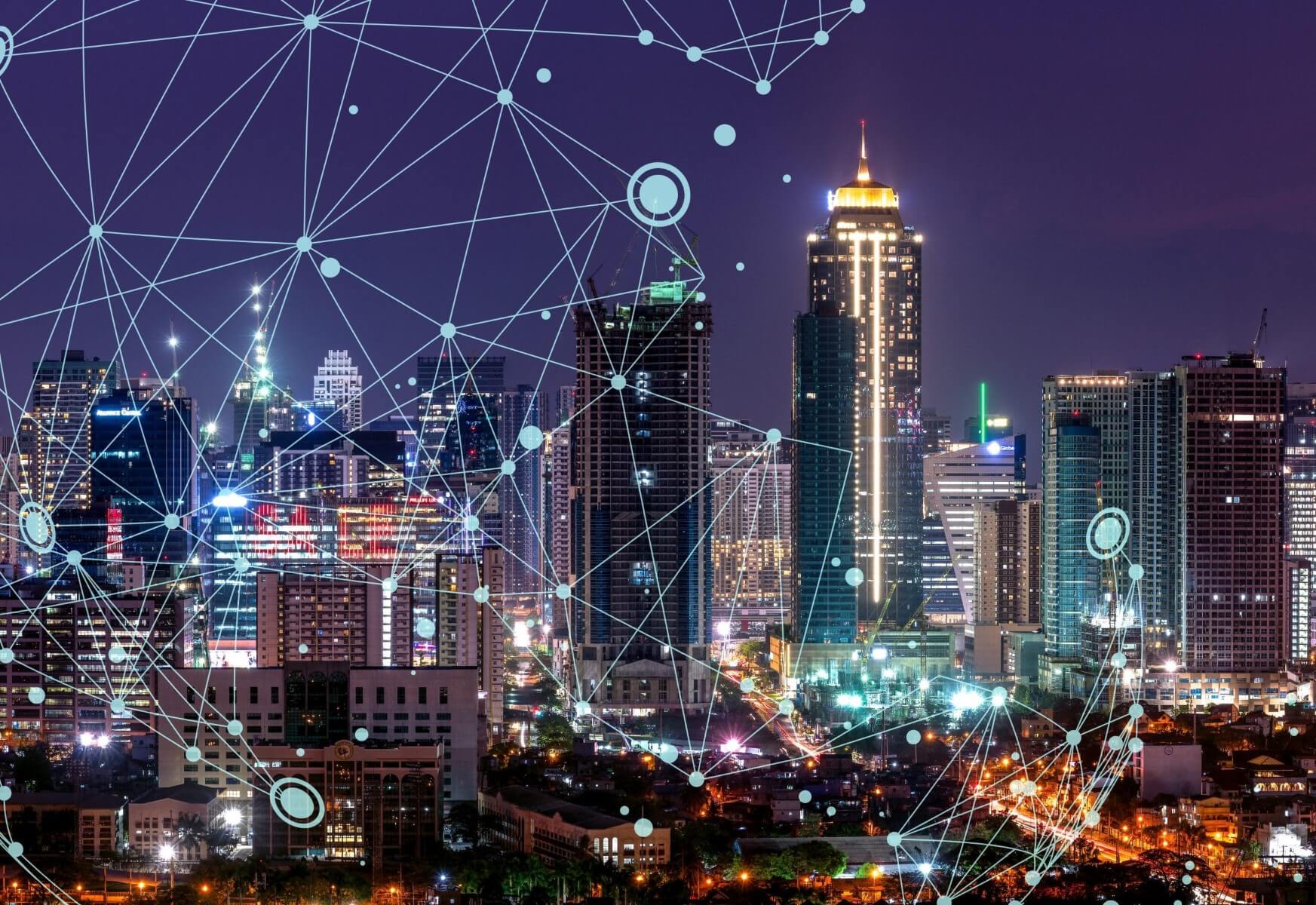The Growing Digital Economy in the Philippines: Opportunities, Challenges, and Google’s Contributions
Backed by strong government support, the Philippines’ digital sector contributes significantly to its economy today. In 2020, the Internet economy in the Philippines was estimated to be worth USD7.5 billion and is expected to grow by 30 percent annually to reach USD28 billion by 2025. To realise this digital potential, the Philippine Government has crafted specific roadmaps to guide policymaking. For instance, the “E-Commerce Philippine 2022 Roadmap” is a strategic framework that presents the country’s strategic plans, policies, and other support measures to harness the benefits of e-commerce. However, the country faces several barriers to fully effecting digital transformation, such as low digital adoption among micro, small and medium-sized enterprises (MSMEs), a lack of awareness of existing programmes and policies to facilitate digital adoption, gaps in access to digital tools, and a digital skills gap in the workforce.
There is room for further digital transformation efforts, and the COVID-19 pandemic has further reinforced their importance. With its young and digitally savvy population, there is considerable potential for the expansion of the Philippines’ digital sector. In January 2021, Filipinos aged 16 to 64 spent the highest average amount of time using the Internet globally. The pandemic has also amplified the importance of digital transformation in expediting short-term economic recovery and boosting long-term economic resilience. By allowing businesses to engage customers digitally, resume business operations, and address logistical bottlenecks, technologies can help businesses manage the severe economic impacts of COVID-19. A study has found that the pandemic has effectively pushed forward the digital revolution by five years globally, providing an opportunity for the Philippines to ride the next digital wave. This makes it essential for policymakers to understand the potential economic value of technology applications for the Philippines – and the necessary steps to realise it.
Access Partnership has conducted a study (commissioned by Google) to examine the economic significance of digital technologies in the Philippines, especially in non-technology sectors. This study finds that if leveraged fully, digital transformation can unlock PHP5 trillion (USD101.3 billion) worth of annual economic value in the Philippines by 2030.
Key messages from the research include:
- There is a significant economic prize attached to accelerating digital transformation in the Philippines. If fully leveraged by 2030, digital technologies could create up to PHP5 trillion (USD101.3 billion) in economic value. This is equivalent to about 27 percent of the country’s GDP in 2020. In addition, technology applications can also help businesses manage the long-term economic implications of the COVID-19 pandemic while staying resilient against future “black swan” events. Out of the total entire digital economic opportunity, these applications can generate an annual economic value of up to PHP3.5 trillion (USD69.9 billion), or about 69 percent of the total estimated digital opportunity for the country. One of these applications include e-commerce and mobile applications for the retail industry which can facilitate digital transactions and interactions, reduce labor requirements, promote inventory efficiencies, and cut real estate costs, offering productivity gains ranging from six to 15 percent.
- There are three areas of action required for the Philippines to fully capture its digital opportunity: (i) enhance digital skills training and education; (ii) accelerate digital adoption and innovation, and (iii) promote digital trade opportunities. While a range of policies is already introduced to accelerate digital transformation such as the “Digital Rise Program”, there is scope for the Philippines to consider further actions. These include implementing sector-specific digital skilling roadmaps (similar to Singapore’s Industry Transformation Maps), upgrading digital infrastructure to provide affordable and reliable Internet access nationwide, and participating in multilateral digital trade agreements to establish digital trade rules (e.g., “Digital Economy Partnership Agreement” signed between Singapore, New Zealand and Chile to facilitate cross-border data flows).
- Through its programs and products, Google has been instrumental in advancing digital transformation in the country. Google has contributed to the three pillars. By providing access to digital tools through Google Workspace for Education and creating a learning ecosystem on YouTube, Google is enhancing digital skills and education in the Philippines. To accelerate digital adoption and innovation, Google’s tools and programmes such as AppSheet and “MSME Caravan” help to build digital capabilities for all types of businesses. Google’s products and services such as Business Profile (previously known as Google My Business) have also played an important role in promoting digital trade opportunities in the country by boosting the visibility of local businesses online. The company also supports benefits to businesses and consumers. Businesses and consumers in the Philippines are estimated to derive total annual economic benefits from Google’s products worth PHP363.4 billion (USD7.4 billion) and PHP214.5 billion (USD4.3 billion), respectively. Beyond its economic contributions to businesses and individuals, Google supports benefits to the wider society in the Philippines. By enabling businesses to unlock new revenue streams and expand their businesses through the use of Google Ads, AdSense, and YouTube, Google indirectly supports over 110,000 jobs in the Philippines. Furthermore, Google delivers intangible benefits through its programs such as providing skilling and income-earning opportunities for female entrepreneurs and promoting safe Internet usage in the Philippines.
Click here for the full report in English, or click here to read the executive summary.







